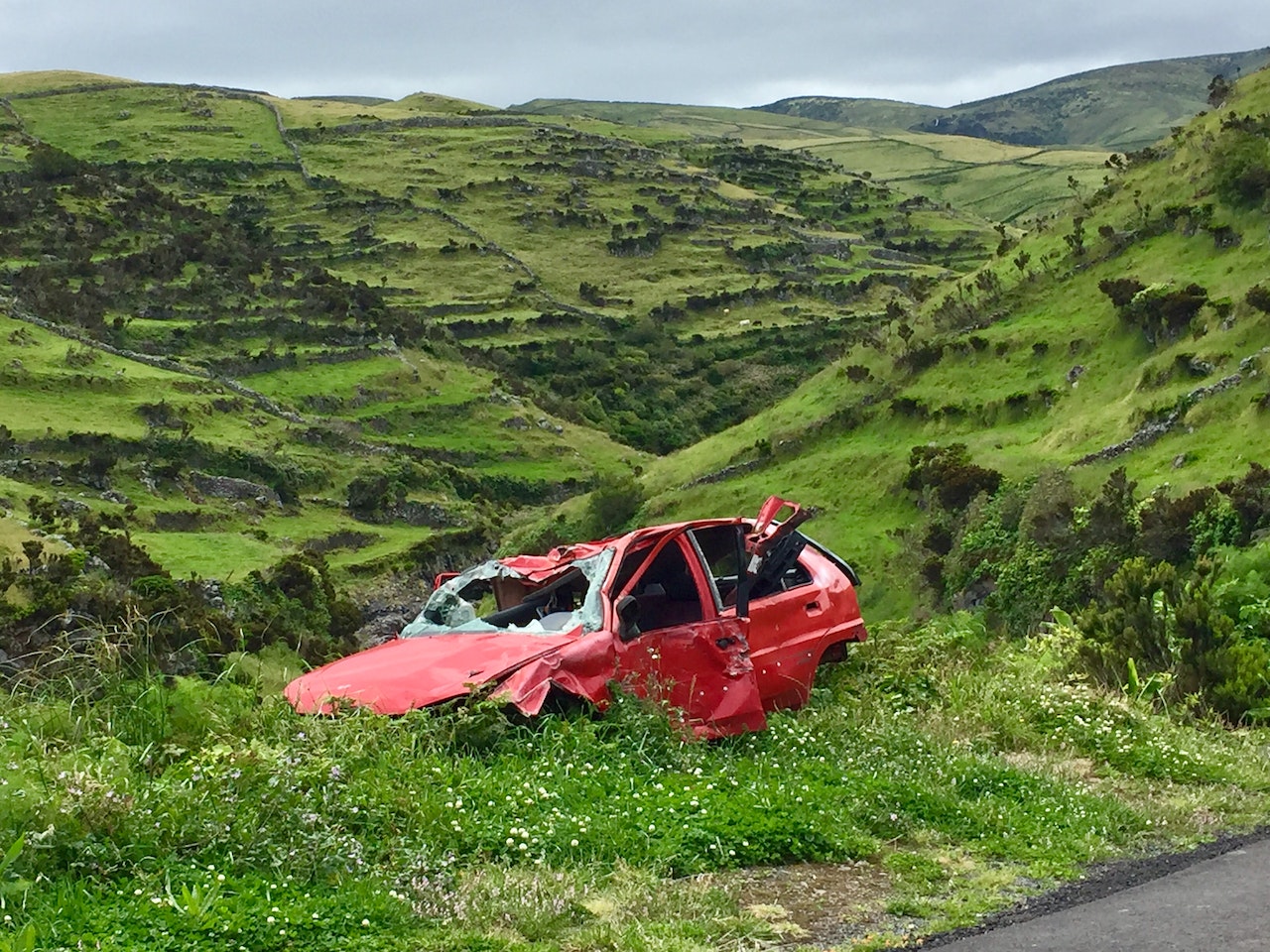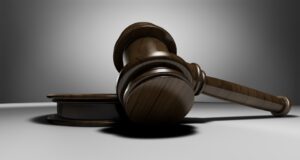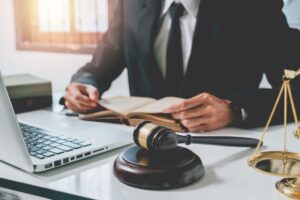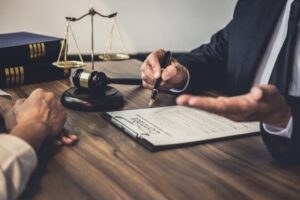Liability in accidents caused by natural disasters can be a complex issue, as it often involves determining who is responsible for damages or injuries resulting from the disaster. Determining liability in these cases can involve multiple factors and sometimes be difficult to sort out. Call Khan to receive assistance with your issue.
In general, liability in accidents caused by natural disasters is determined based on a combination of the law and the facts of the specific case. The law governing liability in these situations will vary depending on the jurisdiction in which the accident took place. Still, some general principles are followed in many cases.
- Foreseeability
One of the critical principles of liability in natural disasters is the concept of “foreseeability.” This means that, in order for someone to be held liable for damages or injuries that occur as a result of a natural disaster, it must have been reasonably foreseeable that such a disaster could have caused the damages or injuries in question. This means that the person being held liable must have had some degree of knowledge or warning about the potential for the disaster to occur and must have taken reasonable steps to prevent the damages or injuries from happening.
- Duty of care
Another vital principle of liability in natural disasters is the concept of “duty of care.” This means that a person has a legal obligation to take reasonable steps to prevent others from being harmed. In the context of natural disasters, this means that, for example, a property owner has a duty of care to take reasonable steps to protect the safety of their tenants or visitors during a disaster. Similarly, a business owner has a duty of care to take reasonable steps to protect the safety of their employees during a disaster.
The level of care considered “reasonable” will depend on the case’s specific circumstances. For example, suppose a natural disaster is a well-known and predictable event, such as a hurricane or a tornado. In that case, it may be reasonable to take more extensive steps to protect against potential harm. On the other hand, if the disaster is less predictable, such as an earthquake, it may be reasonable to take only limited steps to protect against potential harm.
- Others
In addition to foreseeability and the duty of care, other factors can also play a role in determining liability in natural disasters. For example, the specific cause of the disaster, such as whether it was caused by an act of nature or human negligence, can be an important consideration. Additionally, the specific actions of the person who is being held liable, such as whether they took reasonable steps to prevent the damages or injuries, can also play a role in determining liability.




